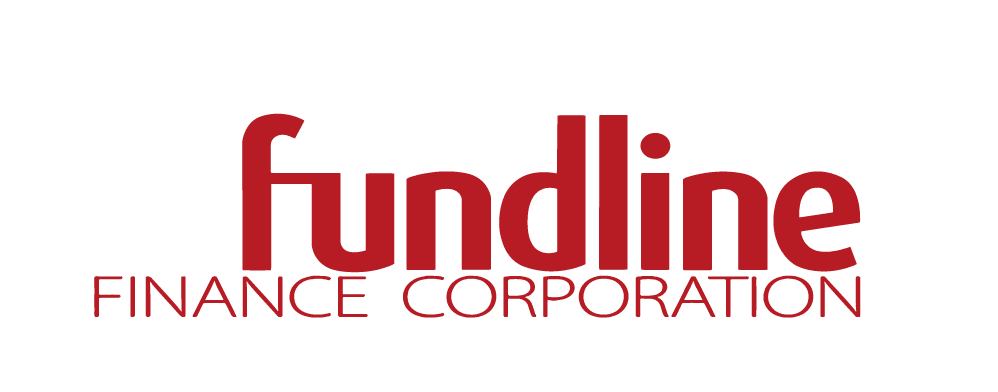
Having a solid financial base can help you weather a storm, buy what you need, and build wealth if you're careful. Financial literacy is important because it helps people avoid overspending and start a budget- but to successfully live within your means you need to understand why the numbers matter.
1. Make a budget
The most important thing I've learned over the years is that budgeting and saving money doesn't have to be hard. It just takes some discipline, in the form of smaller purchases and making a budget, to keep more money in your pocket. Plus, it takes a lot less time than you think it will. Once you get going, it can take all of ten minutes a month to stay on top of your finances. So sign up for Mint, make a budget, and start putting away money for later!
2. Understand your credit card terms and conditions
Credit cards are meant to make life easier, but sometimes it can be complicated. Understanding the terms and conditions of your credit card and how to best use it is key to being a responsible user. For further reading and tips, please visit our blog on other financial literacy topics or contact us for more information.
3. Know how much you can afford to spend in any given month
To wrap it all up, making a budget is honestly the best choice for any type of person who wants to improve their credit and score. But to have follow through and stick to what you have set out for yourself financially is something that can be learned too. In the end, remember: budgeting is the easiest way to help you achieve your financial goals!
4. Understand the different types of loans and what they are best suited for.
As you can see, there are various types of loans that cater to different financial purposes. Loans are a good thing to have and can be very helpful if you know how to handle them responsibly.
5. Ask questions when you need help making decisions about your finances
You deserve the best financial advice you can find. If any of your advisers are unwilling to answer questions, find different ones! Whether you're a professional planner, your financial adviser or just someone with a few investing books under their belt, you could provide great value for people who are in need of sound financial advice.
6. Read financial magazines, books and websites regularly.
By regularly reading financial magazines, books, and websites you will end up having vast knowledge about financial literacy. You will be able to answer any related queries that your clients/audience may have without having any problems. Moreover, since you would have had prior knowledge about the queries, it would be easy for you to deal with them. You can easily make financial plans for your clients and provide the best possible solutions to the problems faced by people in terms of money management.
7. Take stock of your assets, liabilities, income and expenses every year.
By tallying capital, you can see the effect of this business on your net worth if you intend to take it over completely or sell it in the future. The main point: any business has a tangible value and may be fairly appraised.
